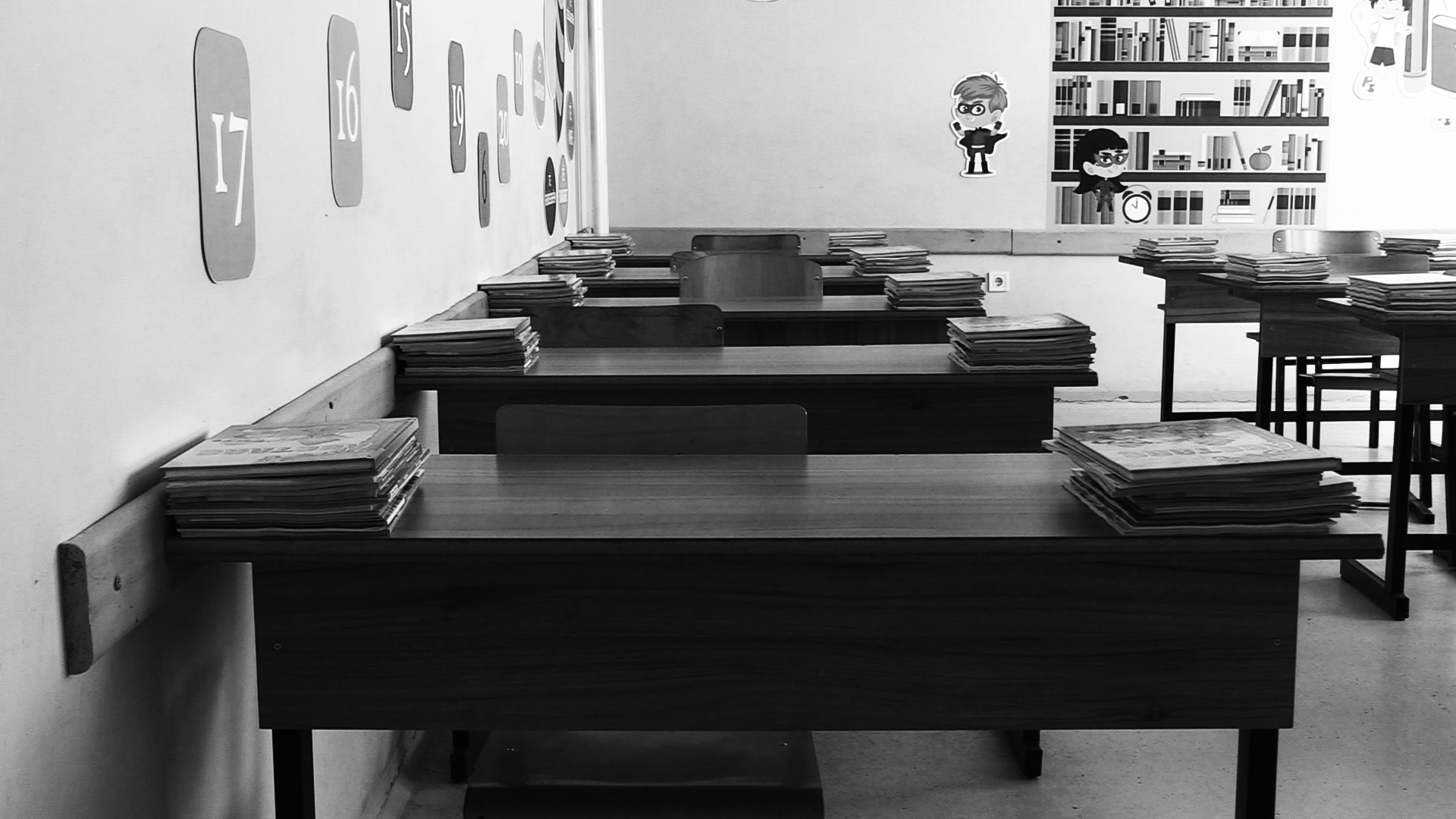
Lessons from the education strike
The government is undermining workers' right to strike.
|19.09.2022
|
Without the right to strike, unions end up as organizations that send workers on beach vacations and eventually throw farewell parties for retired workers.
What could a union do that is effectively unable to go on strike? How would it fight for better working conditions and higher wages for workers?

Visar Ymeri
Visar Ymeri is an activist, political commentator and previously active in politics. He is currently the executive director of the Musine Kokalari Institute for Social Policy in Prishtina. Ymeri was the vice president of the Social Democratic Party (PSD) until 2019. Before that, he was the president of Vetëvendosje! (VV) for a 3-year term until his resignation in January 2018. Ymeri served as a deputy in the Assembly of the Republic of Kosovo for 3 terms (2011-2019), first with the VV and then with the PSD. Ymeri studied Sociology at the University of Prishtina, and previously studied Media Studies, Philosophy, Politics and Literature at City and Islington College, London, United Kingdom.
DISCLAIMERThe views of the writer do not necessarily reflect the views of Kosovo 2.0.
This story was originally written in Albanian.